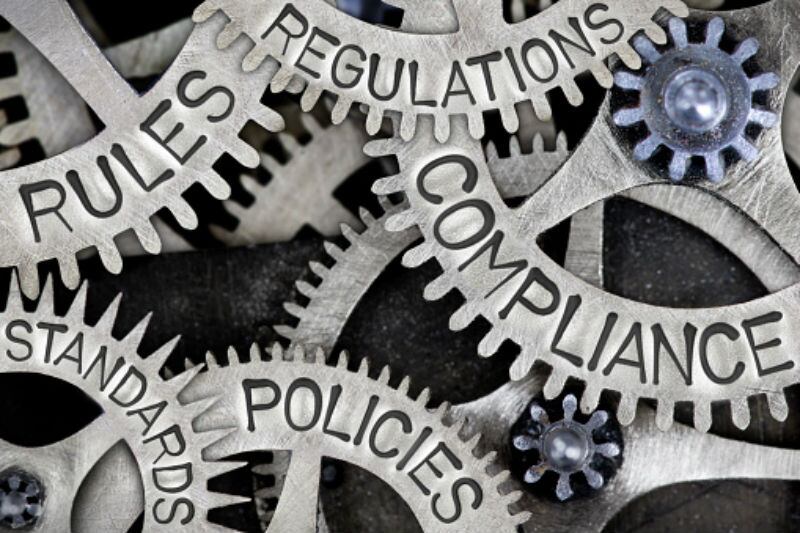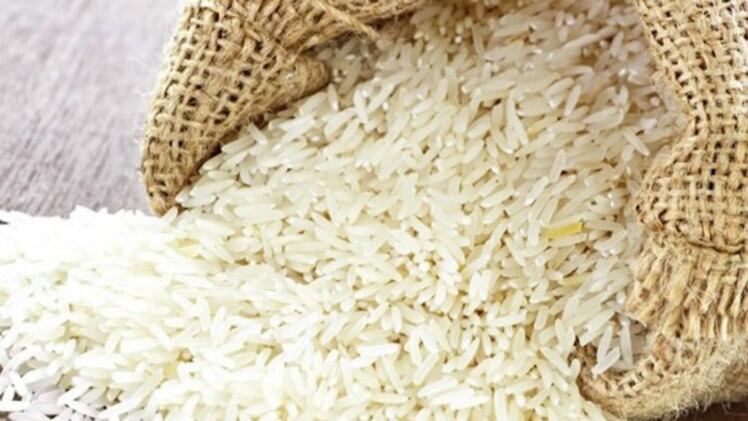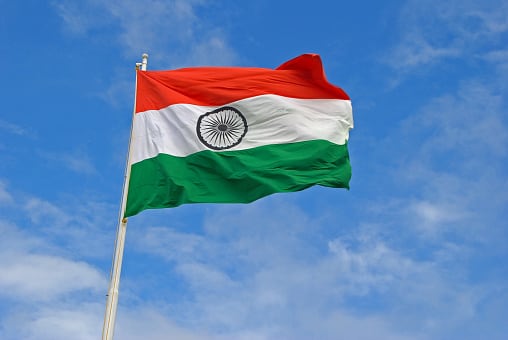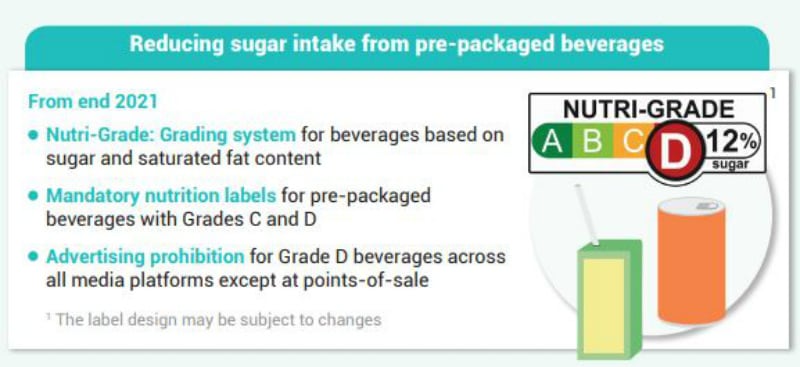COVID-19 in China: Food supply and lax regulations cause for concern as government touts ‘return to normalcy’
The Chinese government has been pushing for a ‘return to normalcy’ for what it deems ‘low-risk’ COVID-19-affected areas within the country, but faces multiple challenges in the form of public anxiety over food security and relaxed control measures.
China’s Wuhan was the first epicentre of the COVID-19 global pandemic, and as of April 8 the country as a whole has recorded over 81,000 cases and 3,333 deaths. Its strict control measures implemented since January have helped it to fall behind the United States and European countries such as Spain and Italy.
But in the past few weeks, food supply and security has surfaced as a pressing new concern within the country, especially with multiple countries such as Vietnam and India stopping food exports.
‘No crackdowns for now’: Japan temporarily loosens food labelling rules to help firms deal with COVID-19
Japan has temporarily relaxed its traditionally strict food labelling regulations to help accommodate food manufacturing firms that need to make adjustments to production processes or raw materials in their production chains as a result of the COVID-19 pandemic outbreak.
The country has been actively implementing and enforcing new strict food labelling standards over the past few years since 2015, with a final cut-off date for companies previously set on March 31 2020 – but the COVID-19 outbreak has thrown all of that into upheaval.
‘More harm than good’: New Zealand report calls for overhaul of national agricultural strategy
New Zealand researchers have called for a complete overhaul of the country’s current national agricultural strategy, which is heavily skewed towards dairy and meat, to accommodate a more plant-focused approach.
The Green Protein report was launched earlier this year with backing from The Vegan Society of Aotearoa New Zealand and placed strong emphasis on the ‘non-necessity’ for the country to rely on animal agriculture, especially meat and dairy, two of its biggest industries.
“Animal farming and exports are not the only options to maintain a healthy New Zealand economy. In fact, on balance, they do more harm than good,” said the report authors, ProVeg International Director Jasmijn de Boo and University of Winchester’s Professor Andrew Knight.
COVID-19 payback: Pakistan flour industry calls for tax exemptions in light of ‘hard work’ during pandemic
The flour industry in Pakistan has requested the government to exempt or at least subsidise all flour mills from taxes that would normally have to be paid in light of the sector’s significant contributions to food stability throughout the COVID-19 pandemic so far.
The request was made by the Pakistan Flour Mills Association (PFMA) in the Khyber Pakhtunkhwa (KP) province to the federal and provincial governments. This covered exemptions/subsidies for income taxes, electricity-related taxes and other related taxes for items required to run the flour mills.
“Although there is a shortage of labourers and wheat due to the coronavirus pandemic, the KP flour mills industry has arranged extra labour to continue [producing] supply and to cope with the rising demand for flour in the province,” said PFMA KP Chairman Hajji Muhammad Iqbal in a media statement.
International alignment: FSSAI updates imported food code system for over 1,500 items
The Food Safety and Standards Authority India (FSSAI) has revamped the national food code system for all imported foods into the nation in an attempt to achieve more uniformity with the internationally used HS Code system.
The agency recently finalised the mapping for 1,525 imported food products into India to match those of the HS Code system, culminating in an overhauled list of ITC-HS (Indian Trade Clarification – Harmonised System) codes.
“[These finalised codes] will be implemented in the Indian Customs and Central Excise Electronic Commerce/Electronic Data interchange (EC/EDI) Gateway (IceGate) and the Indian Food Laboratory Network (INFoLNET),” said FSSAI Director (Imports) Dr Amit Sharma.
“All [parties] concerned [may] crosscheck the mapped ITC-HS codes with the [correlating] Food Code System (FCS) and Food Safety and Standards (FSS) Regulation number.”





